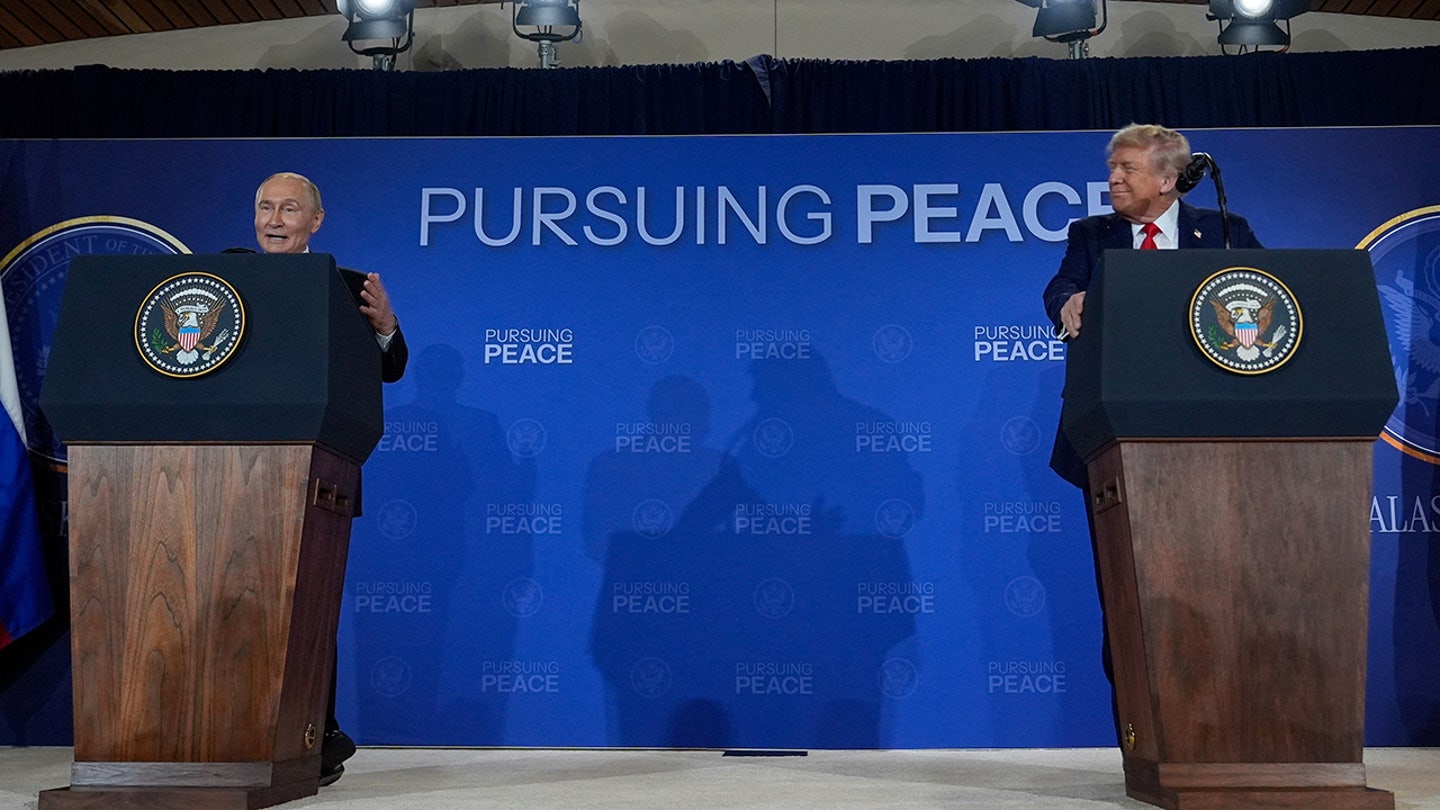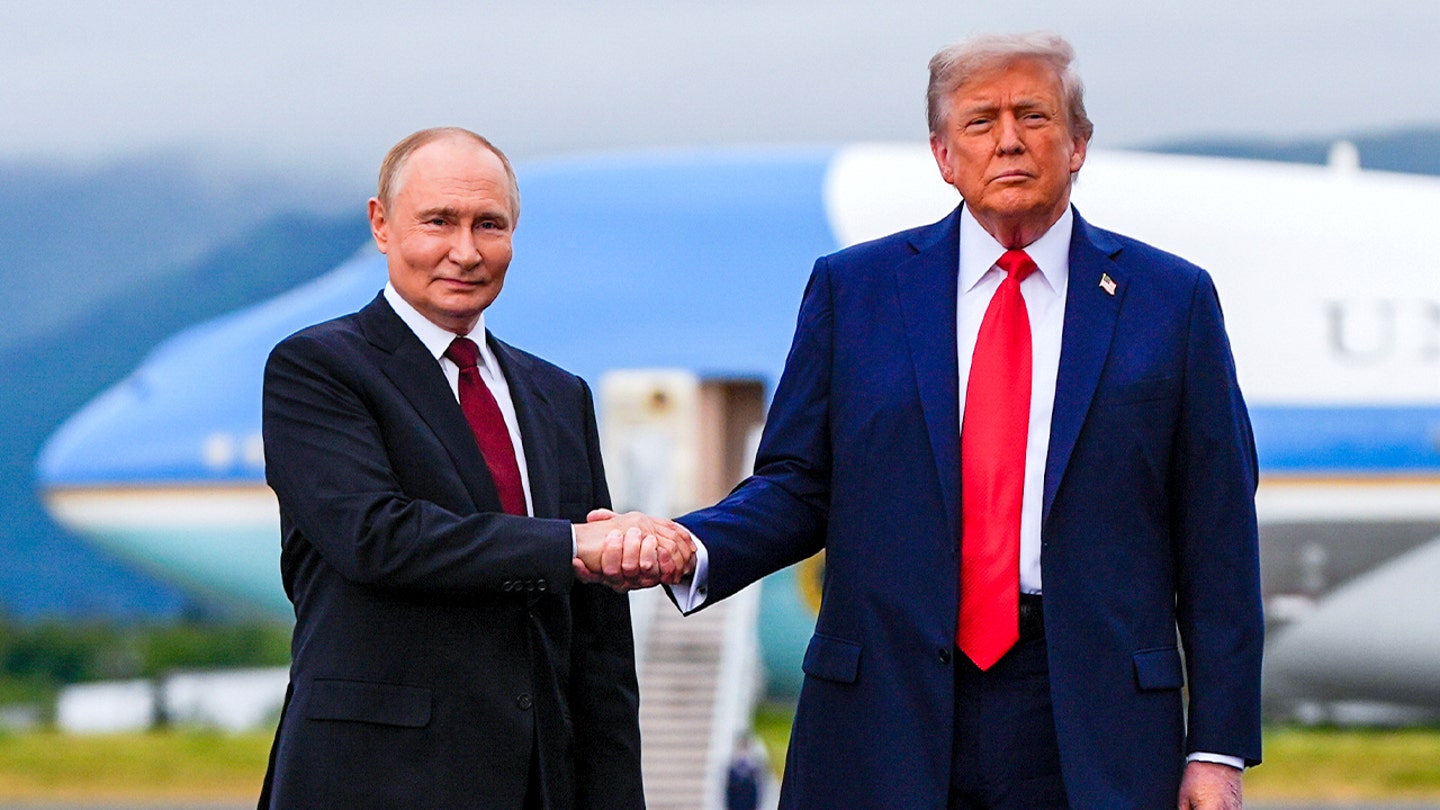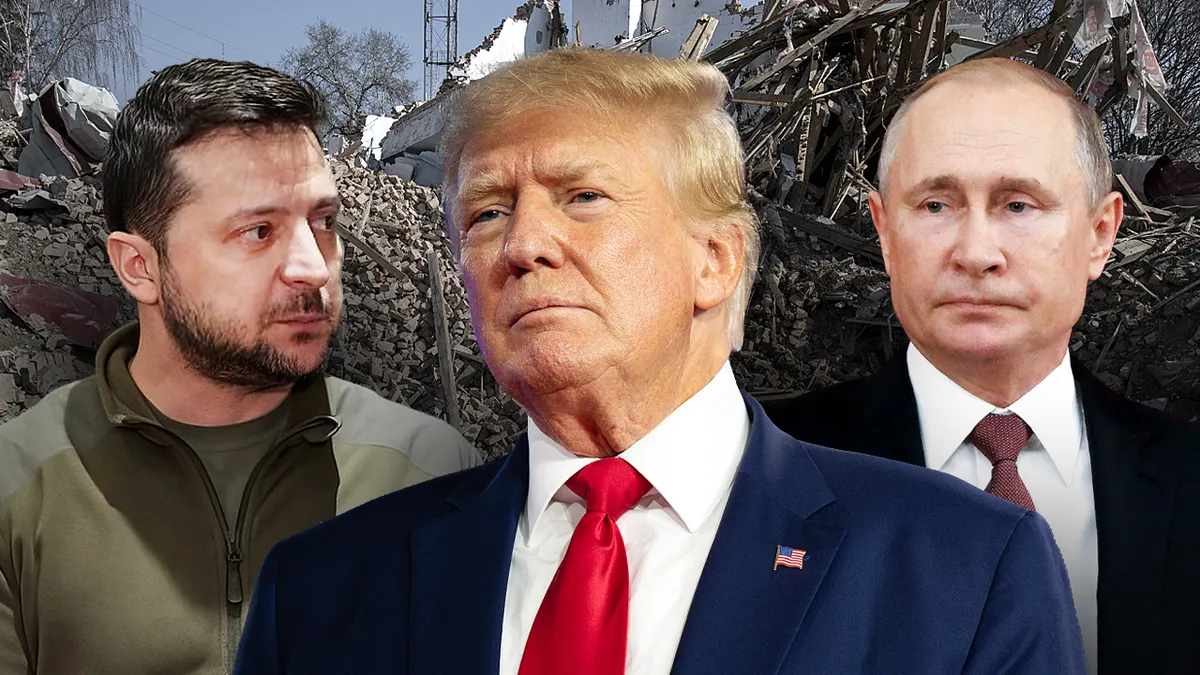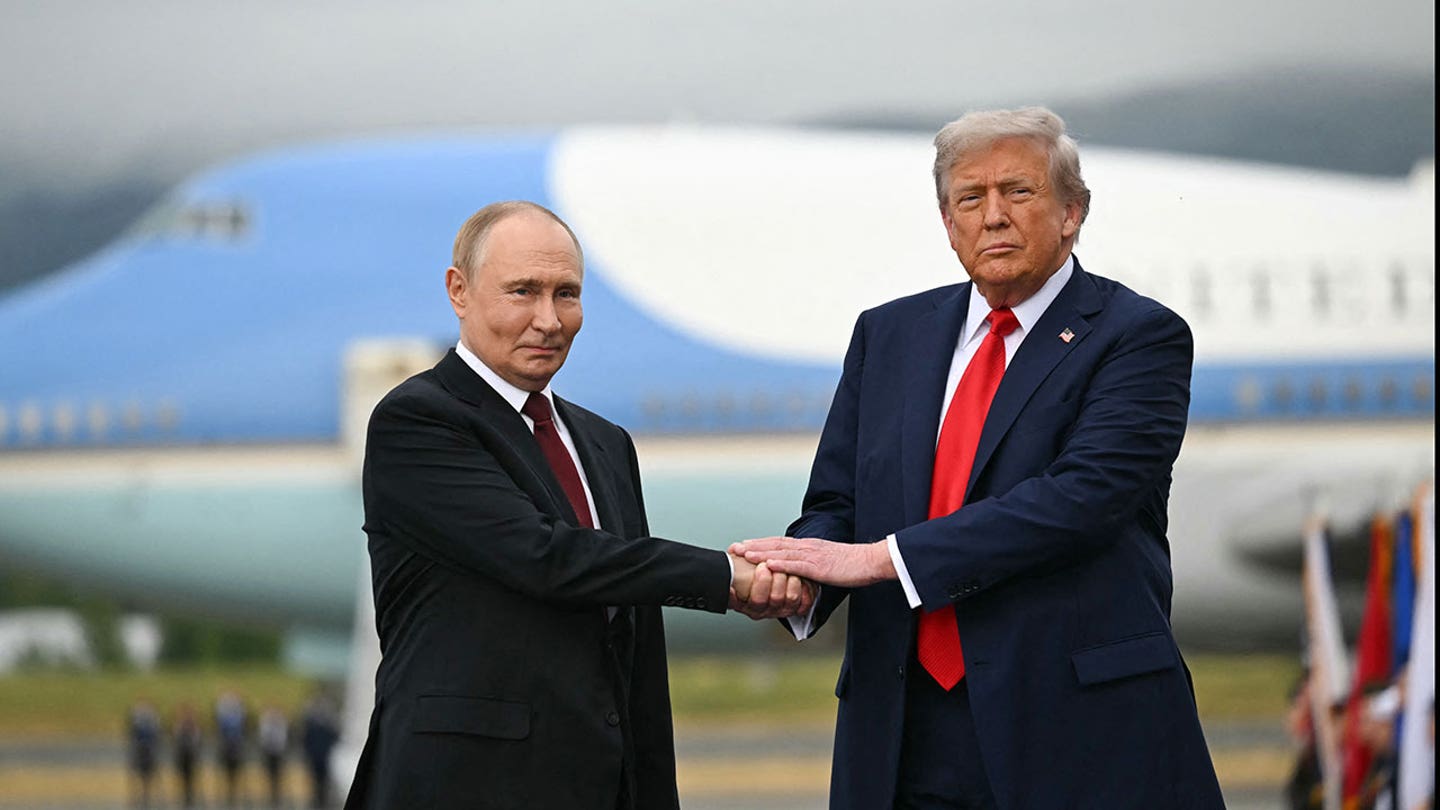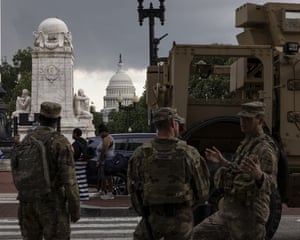Entities mentioned:
- Vladimir Putin: Power, Influence, Control
- Donald Trump: Ambition, Power, Influence
- Joe Biden: Duty, Influence, Security
- Volodymyr Zelenskyy: Self-preservation, Duty, Determination
Article Assessment:
Credibility Score: 55/100
Bias Rating: 65/100 (Lean Right)
Sentiment Score: 45/100
Authoritarianism Risk: 55/100 (Mixed/Neutral)
Bias Analysis:
The article leans right, favoring Trump's narrative and giving substantial space to Putin's supportive comments. It presents criticism of the Biden administration without equal counterbalance, suggesting a right-leaning bias in its framing and source selection.
Key metric: International Relations and Diplomacy
As a social scientist, I analyze that this article presents a significant shift in US-Russia relations under Trump's presidency. Putin's endorsement of Trump's claims about preventing the Ukraine war suggests a potential realignment of global power dynamics. This could impact US diplomatic standing, particularly with NATO allies and Ukraine. The article highlights a stark contrast between Trump's approach to Russia and that of the Biden administration, potentially influencing future US foreign policy. The meeting's optics and Putin's praise for Trump may raise concerns about US commitment to its traditional allies and democratic values on the global stage.

